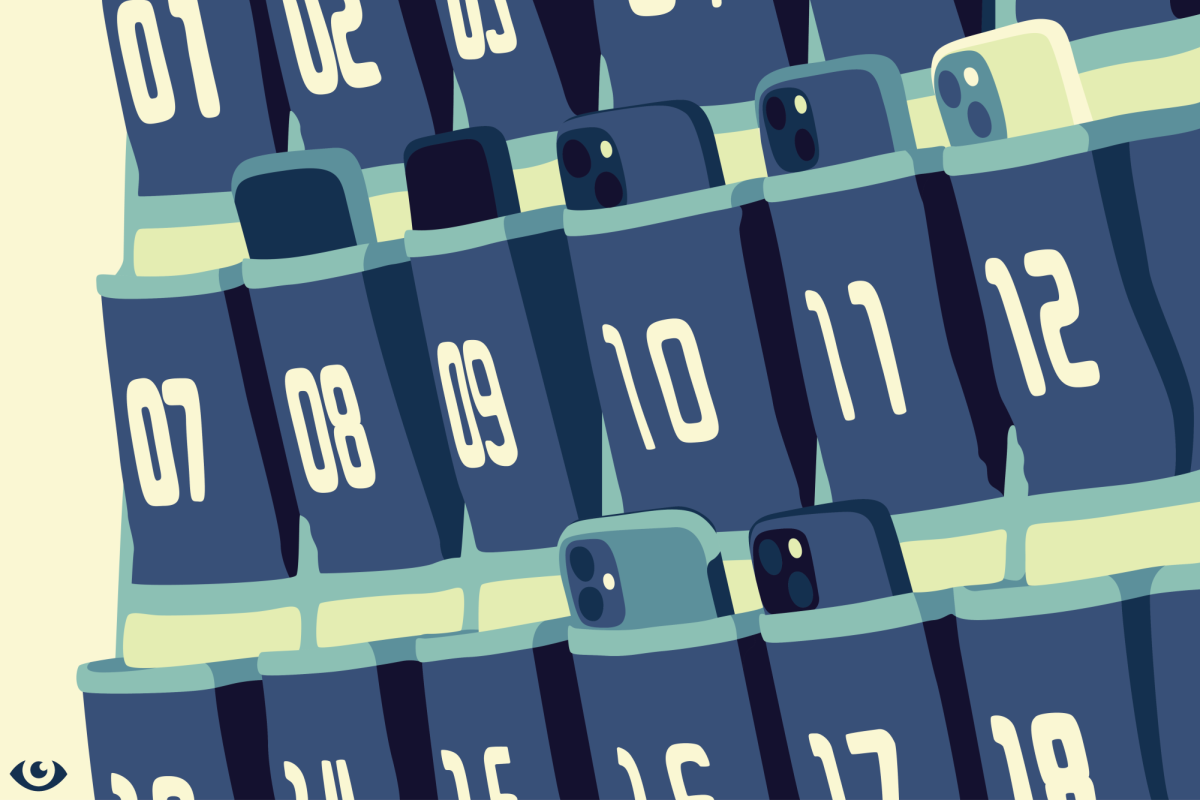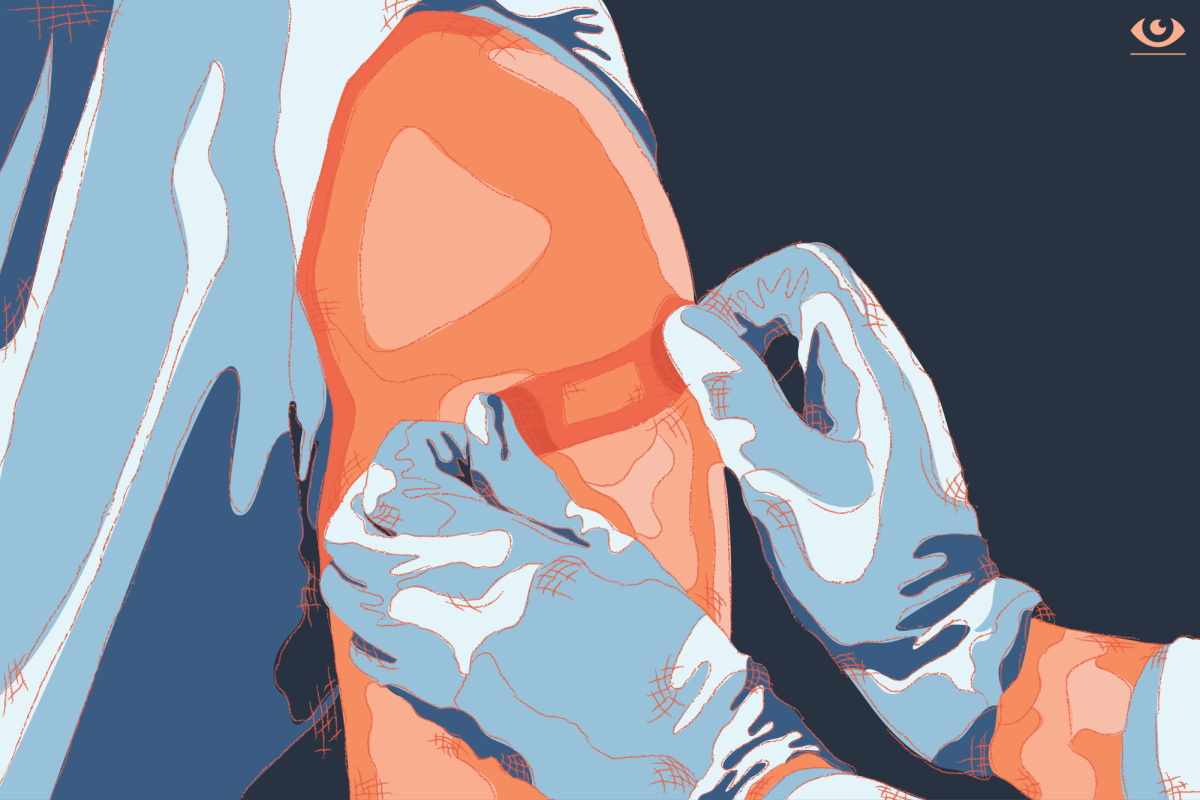This Women’s History Month, we celebrate the transcending strength of women across the world. Since the election of President Trump—whose true intentions for gender equality and respect for women have been questioned due to a series of derogatory comments toward women throughout his career—have prompted an immense response from many women and feminist organizations who have organized solidarity rallies, like the international Women’s March, for gender equality. However, as we celebrate the institutional progress that our country has achieved to increase gender equality, we should not forget to recognize the subtle microaggressions and limitations that continue to impact a growing percentage of our nation’s women.
In order for gender equality to be achieved in the United States, the feminist movement must be intersectional or account for the complexity of overlapping aspects of identity like gender, race, and sexuality, all of which contribute to a person’s identity as a whole. Feminism for everyone cannot succeed without accounting for the intersections of everyone’s oppressing issues, like racism, homophobia, xenophobia and more.
Gender equalists must work to actively represent and diminish the unique issues that minority women face. While this goal seems to be simple enough as part of modern feminism’s plight to achieve “gender equality for all,” it can be easy to overlook and obscure the needs of minority women in a country whose population of women is dominated by groups of majority identities, including white, heterosexual, able-bodied and cisgender women.
Subtle microaggressions toward minority women exist widespread in our modern “equal” society. For instance, Muslim American women who choose to wear hijab are often harassed or told that they are oppressed though they are simply intertwining the various aspects of their identity. Many of these women do not identify with the majority American religious group of Christianity, and as a result, non-Muslim Americans who question their religious traditions are relegating them to a stereotype of the “American woman.” The concept of a woman cannot be limited by a slighted scope or generalization simply because that characteristic defines the majority in a country—minority women deserve to have all aspects of their identity, not just their gender as represented in mainstream American society, respected under the feminist movement.
Other examples of this modern discrimination include requiring women of color to straighten or otherwise change their natural hair as part of conditions to obtain jobs and denying transgender women the use of their preferred pronouns and bathrooms—even killing them because of their gender. In 2017, the “American woman” must be all-inclusive of a variety of identities, and to criticize some aspects of minority women is to disinvite them from gender equality. According to Catherine Harnois, an Associate Professor in the Department of Sociology at Wake Forest University, it is true that some minority women have departed from the feminist movement because they do not feel included in, or more so feel excluded from, efforts for gender equality.
Essentially, feminism that is selective in the issues it chooses to advocate for—like a feminist advocating for women’s abortion rights and equal pay but not criticizing legalized LGBTQ+ discrimination in public schools or proposals for bills that would effectively reinstitute segregation in public school systems—is an ironic feminism. It is counteractive to claim feminism is achieving gender equality when many marginalized groups of women still face basic hardships aimed at their traditions, beliefs, individuality, and purely their identities.
Some individuals would argue that in order to be a feminist, you should not have to support the ideologies that other women may include under their umbrella of gender equality rights; what this perspective neglects, however, is that these gender equality goals of minority women are not simply another issue plaguing the broader group of women in society, but rather their issues are direct restrictions and criticisms toward their identities, requiring them, in a sense, to be more urgently addressed. Abortion rights and equal pay do not makeup one’s cultural identity, however, the hairstyles of women of color and religious garb of Muslim women are physical representations of their identities, and to place restrictions and criticisms on them is to deny their rights to existence as individuals in a supposedly free country for all.
https://twitter.com/kadyrabbit/status/823186190492991489
Minority women are not asking majority-identity feminists to change their ideologies, but rather, to change their perspectives to be more inclusive of their plights through an intersectional feminism that is geared toward an ultimate goal of equality for everyone, every woman, for all aspects of who they are. While people outside of a group are unable to understand the unique issues that those within the group face, it does not mean that their issues should simply be overlooked and ignored.
Of course, any and all work toward gender equality should be applauded, but there is still a very real issue and consequence of our generation’s feminism that must be acknowledged. Feminists have the responsibility to not just hear and learn about the issues of marginalized women, but moreover to take action in support of these women: to hold solidarity rallies, conduct town meetings to address their concerns, participate in protests and lobbying to ensure political action in their support, and develop a platform for their voices so that an intersectional feminist movement can evolve.






